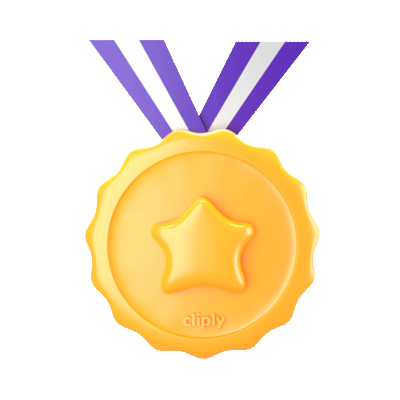About the Department
During the academic year of 2011-12, the Master of Engineering in Engineering Design program commenced, with an initial intake of 18 students. This program equips students with the skills necessary to design and analyze mechanical systems within diverse engineering domains. Advanced courses such as Vibrations, Kinematics, Composite Structures, Tribology, among others, are integral components of the curriculum.
Vision
The Department of mechanical engineering strives to provide excellent education and research leading to competent mechanical engineers who are creative, entrepreneurial and expertise in advanced fields of mechanical engineering to cater for the challenging industrial demands and societal needs
Mission
- Impart quality education which includes a strong foundation in fundamental theory and versatile exposure to practical applications.
- Enhance their skills in advanced fields to make them globally competitive mechanical engineers to cater for the ever-changing industrial demands.
- Maintain a collaborative research environment with state-of-art facilities that stimulate faculty and students with opportunities to learn, create and disseminate knowledge.
- Inculcate entrepreneurial skills and ethical values with opportunities to meet societal needs.
- PEO1: Graduates will be successful professional in mechanical or allied Industries/ Research/ Academics/ Business enterprise.
- PEO2: Graduates will exhibit attitudes and abilities of leaders to adapt the changing global scenario.
- PEO3: Graduates will possess good professional personality and ethical values to lead as good human beings, responsible citizens and competent professionals.
Graduates of Mechanical Engineering B.E. program of Sri Krishna College of Technology will have the ability to
- PO1. Engineering knowledge: Apply the knowledge of mathematics, science, engineering fundamentals, and an engineering specialization to the solution of complex engineering problems.
- PO2. Problem analysis: Identify, formulate, review research literature, and analyze complex engineering problems reaching substantiated conclusions using first principles of mathematics, natural sciences, and engineering sciences.
- PO3. Design/development of solutions: Design solutions for complex engineering problems and design system components or processes that meet the specified needs with appropriate consideration for the public health and safety, and the cultural, societal, and environmental considerations
- PO4. Conduct investigations of complex problems: Use research-based knowledge and research methods including design of experiments, analysis and interpretation of data, and synthesis of the information to provide valid conclusions.
- PO5. Modern tool usage: Create, select, and apply appropriate techniques, resources, and modern engineering and IT tools including prediction and modeling to complex engineering activities with an understanding of the limitations.
- PO6. The engineer and society: Apply reasoning informed by the contextual knowledge to assess societal, health, safety, legal and cultural issues and the consequent responsibilities relevant to the professional engineering practice.
- PO7. Environment and sustainability: Understand the impact of professional engineering solutions in societal and environmental contexts, and demonstrate the knowledge of, and need for sustainable development.
- PO8. Ethics: Apply ethical principles and commit to professional ethics and responsibilities and norms of the engineering practice.
- PO9. Individual and team work: Function effectively as an individual, and as a member or leader in diverse teams, and in multidisciplinary settings.
- PO10. Communication: Communicate effectively on complex engineering activities with the engineering community and with society at large, such as, being able to comprehend and write effective reports and design documentation, make effective presentations, and give and receive clear instructions.
- PO11. Project management and finance: Demonstrate knowledge and understanding of the engineering and management principles and apply these to one’s own work, as a member and leader in a team, to manage projects and in multidisciplinary environments.
- PO12. Life-long learning: Recognize the need for, and have the preparation and ability to engage in independent and life-long learning in the broadest context of technological change.
- Graduates have an ability to use the techniques, skill and appropriate modern tools in mechanical systems.
- Graduates have an ability to design and work as a team and realize thermal, manufacturing and industrial engineering systems with the help of computational tools.

